Every now and again an issue crops up that highlights the changing nature of petrol retailing. Occasionally it surfaces as a small, apparently isolated query which then seems to spread at a rather unexpected rate. Suddenly we have to look at more than just one or two retailers to check whether there may be implications for others. The subject of VAT partial exemption is one such issue and it may affect you.
The Background
One of the basic principles of the VAT system is that a VAT-registered business pays VAT on its taxable sales, and reclaims the VAT that it suffers on its own purchases. Taxable sales include items sold at the 20% standard rate (eg petrol or tobacco), the 5% lower rate (eg coal for domestic use) or the 0% zero rate (eg milk or bread). So far, so simple although if truth be told, many retailers are unaware of the distinction between zero rate sales and those which are exempt from VAT altogether. The two most common sales lines in a typical forecourt shop that fall into the exempt category are the National Lottery (Lotto tickets and scratchcards) and Royal Mail postage stamps.
What is often overlooked is another basic principle: very simply, the proportion of VAT that a registered business can recover is restricted by the proportion of taxable sales in its total ’sales’. Or to put it another way: if your business derives a significant proportion of its total sales income from exempt sales, then you may not be able to reclaim all of the input VAT that you’ve paid on your purchases. In those circumstances, the business is deemed to fall within the category of a partially exempt supplier, and has to calculate the potentially irrecoverable VAT each time it prepares its VAT returns.
This restriction has always been there, but ’traditional’ forecourt operations rarely had to consider it: the value of fuel sales was usually such a huge proportion of their total turnover that any potential impact of this partial exemption calculation was immaterial.
The changing nature of petrol retail
The ’traditional’ owner-operated forecourt is now becoming quite rare. In its place we see various combinations of sub-letting and commission operations. In many rural locations, the petrol station is now also the post office, and increasingly a drop-off point for courier delivery of internet shopping orders. Across the country, car wash bays have fallen into disuse, and been rented out to hand valet operators; workshop bays and forecourt space rented out to used-car dealers; under-used storage space rented out to courier companies; other parts of premises sub-let to snack bar or fast-food start-ups; unused office space converted to offices or even residential lettings.
In some cases the site owner may still be the ’dealer’ as far as fuel supply contracts are concerned, but even the shop activity on site has been franchised out to another, self-employed shop operator. The one factor which is common to the majority of these arrangements is that the rents for these lettings are almost always charged without VAT quite frequently not as a deliberate, considered choice by the owner, but because the tenants are small sole traders who haven’t registered for VAT, so don’t want to pay any because they can’t recover it.
The consequences
There’s absolutely nothing wrong with renting out parts of your premises if someone else can find a profitable use for them and pay you a reasonable rent in return. Nor is there anything wrong with the fact that the rent you charge isn’t subject to VAT. In fact that is the normal working arrangement unless for some reason the property owner has ’elected to tax’, and as mentioned above, most don’t do so for whatever reason.
However, if you have rented out substantial parts of your business and are not charging VAT on the rentals, then you need to be aware that these rents form part of your overall sales and are in the exempt category. Hence you will need to carry out a VAT partial-exemption calculation as part of your VAT accounting to check whether they will in fact restrict your ability to reclaim all of your input VAT.
Any input VAT that you can’t reclaim irrecoverable VAT will appear in your accounts as another overhead expense and at least it’s an allowable trading expense as far as your business year-end accounts and tax calculations are concerned. As with most tax-related matters, while the principles can be quite straightforward, the devil is in the detail, so we’re not going to try and go through the calculation here. Suffice to say that there are a couple of conditions which if met will still allow small quantities of ’irrecoverable’ VAT to be recovered!
In case you’re thinking that this can’t possibly affect you say you’re just operating a site as a commission operator for another owner don’t be so sure, at least until you’ve checked. Imagine the scenario where you receive a very small commission on fuel sales (or none at all). The overwhelming majority of your sales income is from the shop, which just happens to have a large turnover of lottery and postage stamps (both exempt supplies, remember). It may be an extreme situation, but not impossible, that your exempt sales are high enough relative to total income that they actually start to impact on how much VAT you can reclaim on all your other purchases.
Whether you’re in the position of the commission operator or the dealer who’s rented out large chunks of your premises, you should ask your accountant to look at your VAT position, even if it’s just once a year, and check whether you need regular partial-exemption calculations
As we’ve said, this hasn’t been a common issue before, but it does seem to have become something which HMRC are querying more often perhaps they’ve noticed just how much petrol retail operation has changed in recent years.





















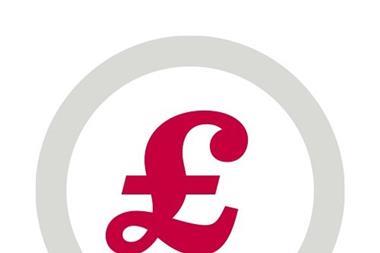
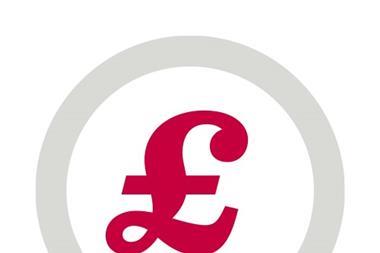
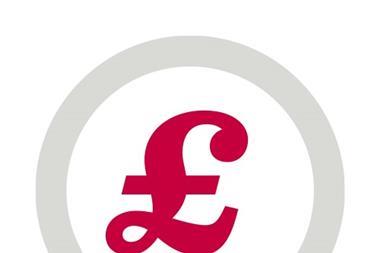
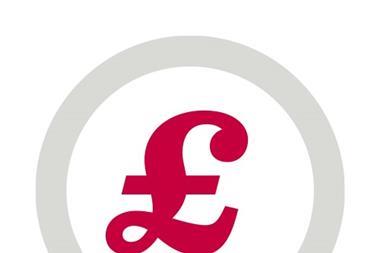
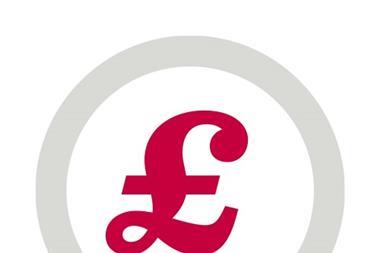
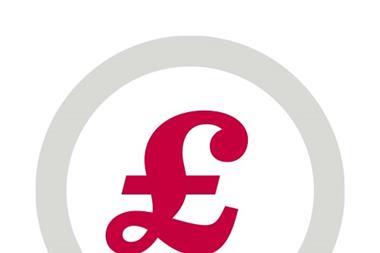
No comments yet